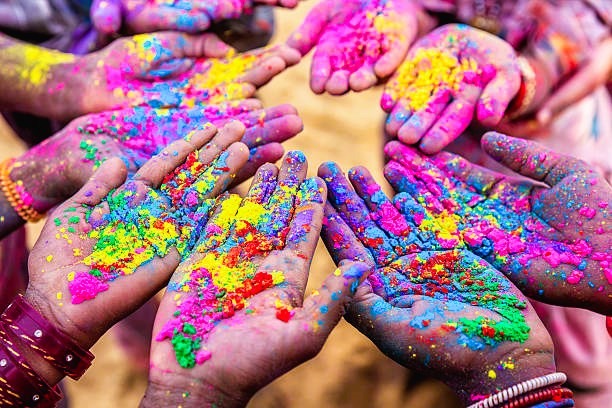Global Overview of Holy Celebrations
Explore a comprehensive overview of holy celebrations worldwide, including religious holidays and cultural celebrations that highlight diverse traditions and practices across various faiths and cultures.
CULTURE


Introduction to Holy Celebrations
Holy celebrations are significant events that commemorate various religious and spiritual occasions across cultures. These events serve not only as a means of worship but also as a time for community bonding, reflection, and gratitude. Understanding their roots and the reasons for their observance can provide insight into the diverse cultural tapestry of our world.
Countries and Their Distinct Holy Celebrations
Different countries observe their unique holy celebrations, often shaped by historical, cultural, and religious influences. For instance, in India, Diwali, the Festival of Lights, symbolizes the victory of light over darkness and good over evil. Celebrated primarily by Hindus, this festival includes lighting lamps, exchanging gifts, and launching fireworks, fostering a sense of togetherness among communities.
In the land of the Egyptian pyramids, Muslims celebrate Eid al-Fitr, marking the end of Ramadan, a month of fasting and reflection. This festival emphasizes charity and togetherness, where community prayers and feasts are common practices. Each culture places its unique stamp on these celebrations, infusing their traditions to enrich its meaning.
The Importance of Holy Celebrations
Holy celebrations are not merely ritualistic; they serve to strengthen communal bonds and foster a sense of identity among participants. For Christians, Easter commemorates the resurrection of Jesus and symbolizes rebirth. It is marked by various activities, including church services, family gatherings, and festive meals, reinforcing social ties and shared beliefs.
The purpose of these celebrations goes beyond individual enjoyment; they provide a collective experience that unites people and cultures. Such moments call for introspection and community support, encapsulating the essence of human connection.
Ultimately, regardless of the specific festivities observed, holy celebrations reflect the values, traditions, and history of the societies that observe them. They bridge generational gaps and offer opportunities for teaching younger members about their heritage, spiritual beliefs, and cultural distinctions.
Conclusion
In summary, holy celebrations provide a meaningful avenue for individuals and communities to engage with their spiritual heritage. From Diwali in India to Eid al-Fitr in Egypt and Easter among Christians, these events cherish values of connection, renewal, and reflection. Understanding these celebrations and their significance contributes to a greater appreciation of cultural richness and diversity in our world. As these festivities traverse borders, they remind us of the shared human experience of faith and togetherness.
